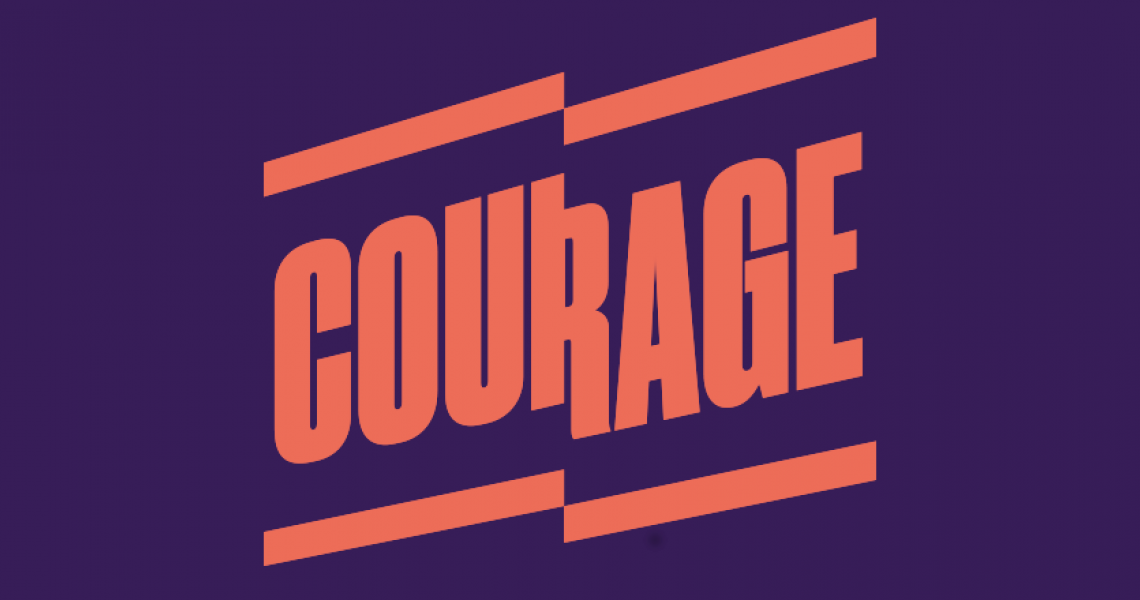We agree with both Alan and David that grassroots organizing is the source of all fundamental political change. But we’d also like to briefly enumerate some of the ways that working in an electoral setting can, as Alan put it, “nourish and inspire social movements at a time of weak infrastructure of dissent.”
Engaging with an entrenched political party is not an access point for those who fundamentally prioritize organizing with and for communities with intersectional interests. For example, in Nav’s experience, Queer People of Colour simultaneously organize community members locally and nationally in an effort to both create networks and provide resources for the most vulnerable members of our community. In many cases, these folks often do not find political party organizing as an accessible entry point to advocate for change. Many are also locked out by the barriers of literacy required to participate in the formalized protocols of political parties.
David’s emphasis on grassroots organizing seems to assume that the reader has had the option of participating in, and subsequently getting disgruntled with, party organizing. We feel that this frustration on one side and disenfranchisement on the other is a moment of opportunity. A moment of alliances and relationship building between communities of organizers. Folks who have an ease of access to political parties but have become disgruntled can bring in more people who have not enjoyed the same access. We hope that folks with literacy and privilege will put their efforts into grassroots organizing, but also meaningfully contribute knowledge of political organizing and influencing power to communities that traditionally are locked out.
Total abstention from the electoral sphere is not a possibility if we are to be honest about how power is formed and exercised in Canada.
Courage is a hybrid that involves many kinds of organizers at a national level. To change a political party and the relations of power within it is grassroots organizing. And it is not for everyone, but the potential to create new spaces for political education and the exchange of organizing knowledge is uplifting. That is the energy and orientation with which Courage aims to bring those on the electoral and grassroots Left together.
Surely we all agree that the typical NDP volunteer activities—knocking on doors and repeating talking points written by party staffers—doesn’t qualify as grassroots organizing. But articulating political principles, reaching out to people in the places where their lived experience becomes political in order to empower their autonomy and their practices of democracy and direct action? There are differences between organizing NDP volunteers and organizing a workplace, but we think it’s premature to dismiss the former as being doomed to cooptation.
Whether we like it or not, electoral efforts are still the way that our society is trained to understand politics. Just as we do not articulate anti-capitalist principles by demanding that everyone quit their jobs and join cooperatively managed decolonial land occupations (though perhaps they ideally should!), the way to overcome electoralism is to organize those who participate in it so that we all have a shared, lived experience of something better. We believe that such a form of grassroots organizing does, to borrow David’s phrase, “build power for collective action”.
We’re accustomed to political parties’ parasitic relationship with social movements, and we’ve seen how elections can suck the life out of movements—David’s example of Quebec in 2012 is a case in point. However, we believe it is a mistake to generalize, and say that this is the only possible outcome from engaging with people who live their political lives in parties. We should understand these moments the result of multiple factors: the balance of social forces, the development of resilience to cooptation among movement participants and the public, and the reach of independent media.
To organize the people who provide the labour that makes electoral politics function is to contest for control of a major portion of the means of production of our collective political imagination. That one faces advanced forms of cooptation means this can be difficult, but it does not make it less important.
To the extent that efforts at grassroots organizing within political parties are successful, the results can — in contrast to recent experiences — be beneficial to social movements. Some speculative examples:
- Party politics provides a sense of scale and possibility that can raise the morale and feeling of momentum among grassroots efforts
- Access to the media creates powerful opportunities for framing how the public understands the world they live in and what is possible in it
- Parties have been and can be tremendous vehicles for sustained political education on a scale that our current “infrastructure of dissent,” as Alan put it, is hard-pressed to match
- Active party structures with autonomy and grassroots orientation can channel support to movements and help them develop more comprehensively
Many will be quick to point out the obvious: “the NDP doesn’t do that!” Indeed, the party’s avoidance of any confrontation with capital and its cooptive prowess make it a damaging force. The institution is not to be trusted. Is it possible to engage productively in a party like the NDP without trusting it, and even knowing that key players will betray our trust?
We think so, and we think the way forward is the full spectrum of grassroots organizing. We don’t believe that one form of organizing precludes the other. The challenge is to find ways to align the two by integrating all the lessons of recent and historical experience into our efforts.
Nav Kaur is a Treaty 6, Alberta based educator and founding member of Courage. Her work focuses on building educational spaces for action through organizing. Follow her @NavKaur_yeg
Dru Jay is a Montreal-based writer and organizer working on environmental and labour issues. He is among the founding members of the Media Co-op and Courage.


